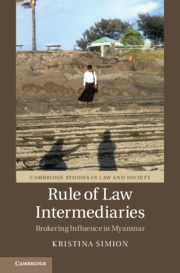Drawing on the IR theories of norm translation and strategic narratives, this article focuses on how states translate international norms to their own advantage by producing strategic narratives to advance their soft power ambitions abroad. Using the example of feminist foreign policy (FFP), the article compares Sweden, Canada, France, and Mexico in their attempts to translate international feminist norms into their countries’ strategic narratives. This comparison is based on three strategic narrative types (issue, national, and international system narratives) and two types of feminism (liberal, intersectional). Issue narratives reveal that Sweden and Mexico give more priority to social policies, while France and Canada emphasise the role of the market in addressing gender inequality. International system narratives demonstrate that Sweden and Mexico perceive global challenges as drivers of gender inequality, while France and Canada see gender inequality as a cause of global problems. National narratives show that Sweden and Mexico refer to other FFP countries to ‘back up’ their feminist initiatives, while France and Canada do not relate to other states. Finally, while liberal feminism dominates all four FFPs, each state either prioritises particular aspects of it (legal, market, security, rights-based) or incorporates elements from intersectional feminism.


